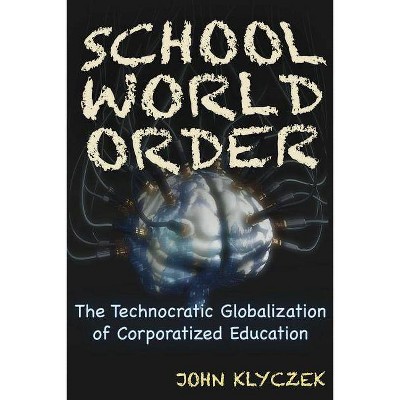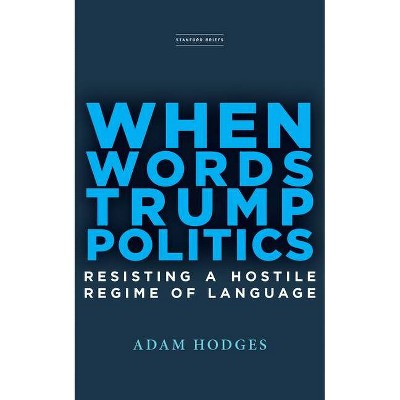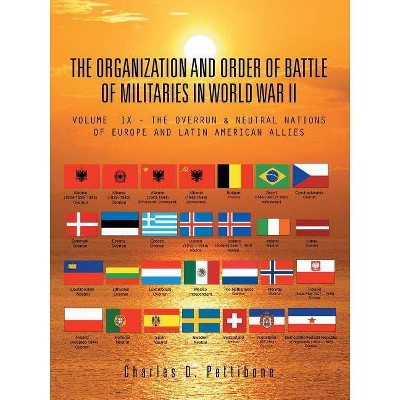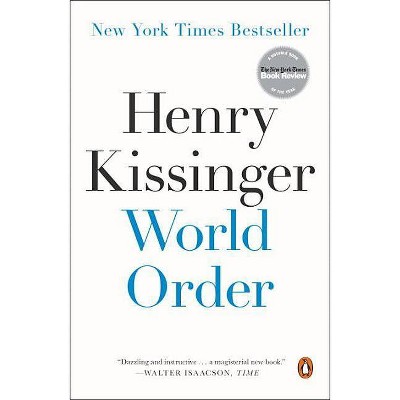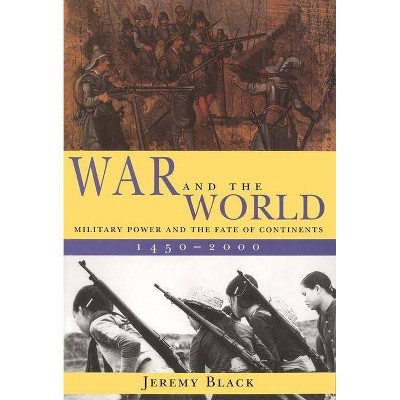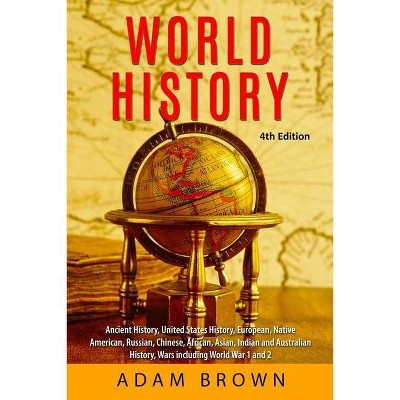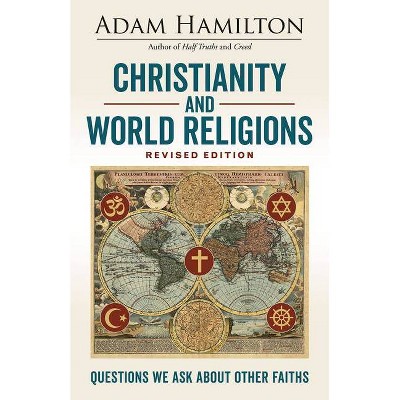World War I and Urban Order - by Adam J Hodges (Paperback)
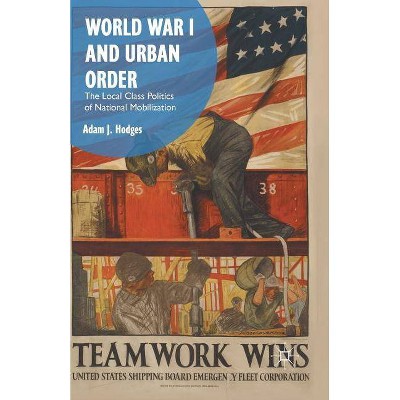
Similar Products
Products of same category from the store
AllProduct info
<p/><br></br><p><b> About the Book </b></p></br></br>"This book uses Portland, Oregon to bring to life the transformation of U.S. cities during the first truly national war mobilization effort. World War I had an enormous impact on urban life and the relationship between cities and the federal government that has been almost entirely unexplored until now"--Provided by publisher.<p/><br></br><p><b> Book Synopsis </b></p></br></br><p>This book uses Portland, Oregon to bring to life the transformation of U.S. cities during the first truly national war mobilization effort. World War I had an enormous impact on urban life and the relationship between cities and the federal government that has been almost entirely unexplored until now.</p><p/><br></br><p><b> From the Back Cover </b></p></br></br><p>World War I had an enormous impact on urban life and the relationship between cities and the federal government that has been almost entirely unexplored until now. This book uses Portland, Oregon to bring to life the transformation of U.S. cities during the first truly national war mobilization effort. This history of a struggle over urban order during an unprecedented crisis is one of people more than institutions and of the grassroots more than elites. The labor movement, at the heart of wartime working-class aspiration, is likewise at the heart of this story. The book also examines how those who lived in rapidly changing war boom cities experienced the era. Hodges captures both extraordinary events, including the internment of enemy aliens and women with venereal disease, and the fascinating everyday dynamics of conflict and cooperation in a novel moment of scarcity and opportunity that changed urban life.</p><p/><br></br><p><b> Review Quotes </b></p></br></br><br><p>"This relatively short, lively book should appeal to a good-sized readership. First, it will work well in advanced undergraduate and graduate classes. And general readers seeking information about our unaccountable surveillance state, police repression, and the excessive power of business will profit from learning about the deep roots of these problems and the ways ordinary people have fought back." (Chad Pearson, The Journal of the Gilded Age and Progressive Era, Vol. 16 (4), October, 2017)</p>"This account by Hodges (history, Univ. of Houston-Clear Lake), tightly centered on Portland, OR (1917-19), is most welcome, particularly because, as he notes, the overwhelmingly 'national focus of the historical literature' has 'obscured the innovative ways' state and local governments instigated and implemented severe repression of (massive but entirely peaceful) WW I dissent. ... Summing Up: Recommended. Upper-division undergraduates and above." (R. J. Goldstein, Choice, Vol. 54 (2), October, 2016)<p></p><br><p/><br></br><p><b> About the Author </b></p></br></br><p>Adam J. Hodges is Associate Professor of History at the University of Houston--Clear Lake, USA. He earned a B.Sc. at the London School of Economics and a Ph.D. at the University of Illinois at Urbana--Champaign. He has published peer-reviewed articles on labor history and urban class politics during the Progressive Era.</p>
Price History
Price Archive shows prices from various stores, lets you see history and find the cheapest. There is no actual sale on the website. For all support, inquiry and suggestion messagescommunication@pricearchive.us
